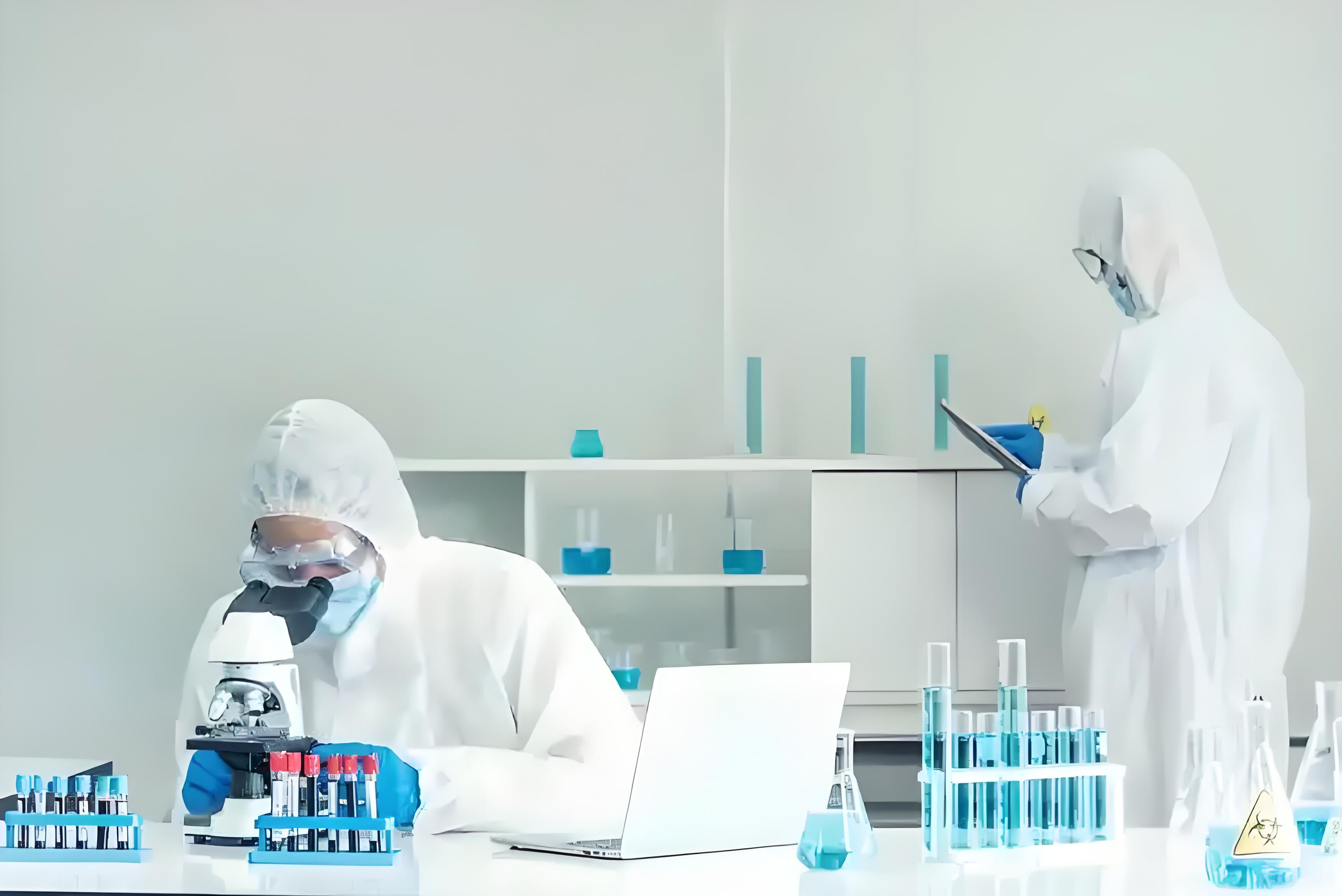Hits: 364 img

In biotechnology, silicone rubber acts as a
"key material" for gene sequencing, drug development, and
biomanufacturing due to its biocompatibility, designability, and stability.
Gene Sequencing's "Microfluidic Chips"
Microchannel Sealing: Silicone gaskets ensure precise microfluidic flow with <1μL error.
PCR Reaction Vessels: Silicone withstands high temperatures and pressures for rapid gene amplification.
Nanopore Sequencing: Silicone membrane nanopores detect DNA strands with 99.99% accuracy.
Case Study: A biotech firm used silicone
chips to sequence the full SARS-CoV-2 genome in just 2 hours.
Bioreactors' "Flexible Heart"
Cell Culture Scaffolds: Silicone porous materials mimic extracellular matrices to promote stem cell differentiation.
Stirring Paddle Seals: Silicone gaskets resist shear forces, maintaining sterile environments.
Microcarrier Cultivation: Silicone microspheres carry cells, increasing biopharmaceutical production by 5 times.
Innovative Direction: MIT-developed
silicone-based organ chips simulate human liver metabolism.
Drug Screening's "High-Throughput Platform"
96-Well Plate Sealing: Silicone films prevent contamination for automated drug screening.
Sustained-Release Drug Depots: Silicone microspheres release drugs on demand, creating time-concentration gradients.
3D Cell Models: Silicone hydrogels encapsulate tumor cells to test drug efficacy.
Data: A pharmaceutical company reduced drug
development cycles by 30% using silicone platforms.
Biosensors' "Molecular Probes"
DNA Hybridization Chips: Silicone surfaces modified with probe molecules detect SARS-CoV-2 variants.
Blood Glucose Sensors: Silicone enzyme membranes immobilize glucose oxidase for non-invasive monitoring.
Breath Detection: Silicone adsorbents
enrich volatile organic compounds, achieving 85% accuracy in lung cancer
diagnosis.
Conclusion
Silicone rubber drives biotech revolutions
at the "molecular level," offering infinite possibilities in gene
sequencing, drug development, biomanufacturing, and disease diagnosis. With
synthetic biology advancements, it may become the "foundational
material" for artificial life systems.
Food Kitchen Grade Liquid Silicone Rubber